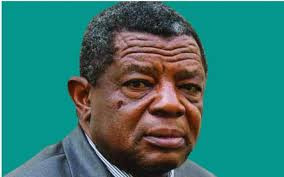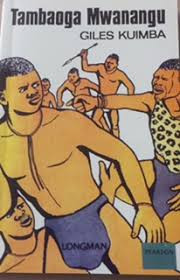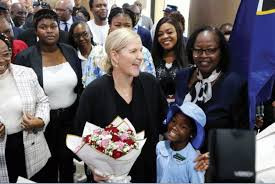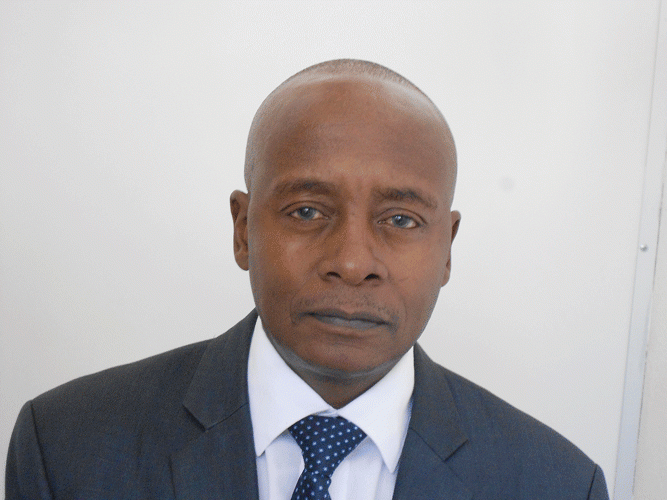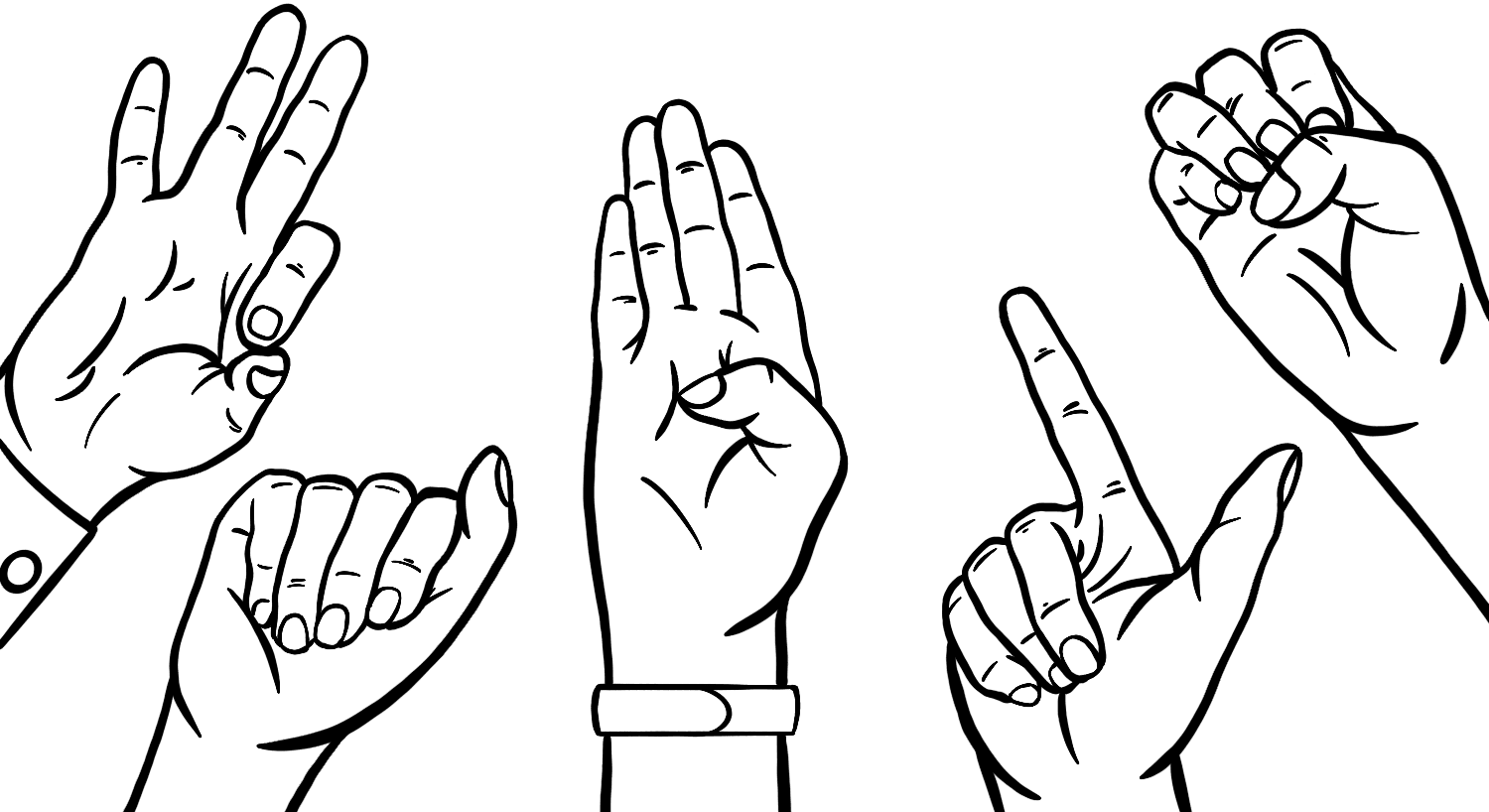
GOVERNMENT has been urged to come up with a comprehensive sign language policy across all public health facilities to ensure all citizens have access to medicare.
Mwenezi North legislator Master Makope (Zanu PF) made the call in a motion acknowledging the critical role communication plays between healthcare providers and patients.
Makope urged the Health and Child Care ministry to incorporate Sign Language interpretation services in medical training programmes.
He urged the ministry to implement a comprehensive Sign Language policy across all public healthcare facilities in the country by June 2025.
“This initiative will go beyond mere basics. It must include advanced modules on medical Sign Language, focusing on healthcare-specific terminology to ensure accuracy in patient-provider exchanges,” the lawmaker said.
“The right to health is not only a fundamental human right, but also a critical indicator of human development and economic growth.
“It is our duty as legislators to ensure every Zimbabwean, regardless of their hearing ability, enjoys full access to healthcare services.”
The Constitution mandates the provision of inclusive and non-discriminatory healthcare services to all citizens.
Makope cited section 76 of the Constitution, which guarantees the right to healthcare for every citizen.
“This right is universal, encompassing every individual without exception,” he said.
“It calls on us to ensure that no one, regardless of their circumstances is deprived of essential medical care.”
He said section 6 of the Constitution also recognised Sign Language as one of Zimbabwe’s officially recognised languages.
“This inclusion affirms the State’s broader dedication to ensure that all citizens, including the deaf, can communicate effectively in all spheres of life.”
Makope said the absence of qualified interpreters presented a significant communication barrier between healthcare providers and deaf patients, leading to dire consequences such as misdiagnosis, mistrust and substandard healthcare outcomes.
“Imagine the stress of a deaf patient unable to convey their symptoms accurately or a doctor failing to communicate diagnosis or treatment plan effectively,” Makope said.
“This communication breakdown compromises the quality of care and alienates an entire segment of our population from their fundamental right to health.”
The World Federation of Deaf reports that approximately 80% of the world’s 70 million deaf people face significant barriers in accessing basic healthcare.
“This gap has resulted in life-threatening miscommunications, delayed diagnosis and compromised medical care, the use of relevant languages and forms of communication suitable for people with disabilities, particularly sign language for the deaf community, must be addressed as an urgent priority in guaranteeing the fundamental human right to healthcare access.”

